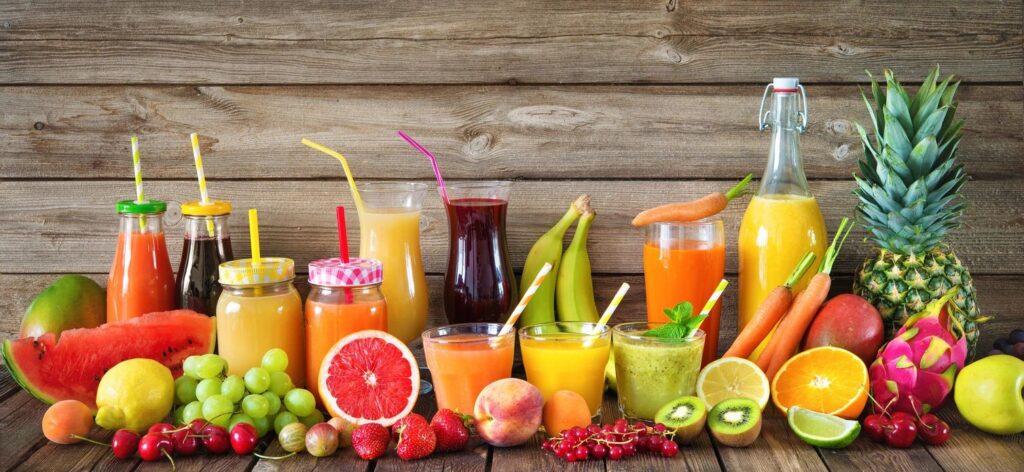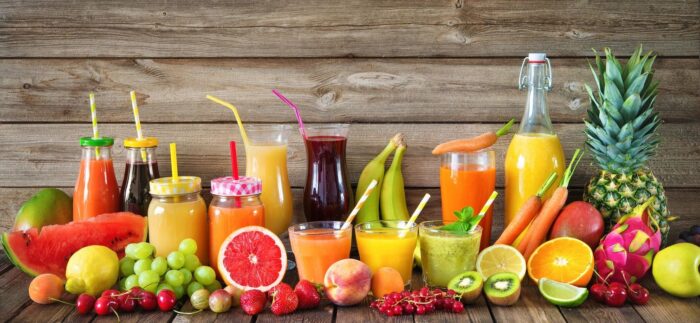
Everything you need to know about choosing a juicer
Juicing is currently one of the hottest health trends, but for those on the outside looking in, it can be a little intimidating and difficult to know where to begin. Luckily there’s a wealth of information out there to help you get in on the action, and a wide range of juicers available to suit all needs. Here’s a quick guide to help you get started.
 Do I need a juicer?
Do I need a juicer?
This is the first question to ask yourself! A juicer can be a big investment, so before you shell out, it’s a good idea to consider how much use you’ll get out of it. If you’re only going to juice occasionally, you might be better off buying pre-made juices (although the cost of these can be high too). Store-bought juices tend to be less nutritious and more sugary than homemade juice, so having your own juicer is a great way to be sure you’re getting the maximum health benefits.
What type of juicer should I get?
There are two main types of juicer to choose from, each with its own advantages and disadvantages:
- Centrifugal – uses a high-speed, spinning blade to blitz fruit and veg into juice. These models tend to be more widely available and affordable, as well as quicker to use, less bulky, and easier to clean. On the downside, the heat and oxidation that takes place can degrade the nutritional value of the ingredients and result in foamy juice. They are also not great at handling leafy greens.
- Masticating – uses an auger, which crushes the ingredients and presses them out through a sieve. These models better preserve the nutrients of the fruit and veg and tend to be more durable and produce a higher yield of juice. They also have no problem juicing leafy greens. On the downside, they are more expensive, harder to clean, slower, and require a bit more prep time. To get more of a feel for masticating juicers, check out this detailed tec slow masticating juicer review.
Think about what’s most important to you in a juicer – for example, do you want something quick and easy, or more thorough and healthier? – before making an informed decision.
What features should I look out for?
Many extra features can be useful, especially if you’re going to be using your juicer a lot. These include extra-wide chutes, which cut down on prep time as you don’t have to cut up your ingredients as small, a variety of different speed settings to suit the ingredients you’re using, and cups with foam separators for a cleaner tasting juice.
Should I get a blender instead?
If you prefer smoothies to juices, then a blender would be a better choice. This is because blenders don’t separate the juice from the pulp in the way that juicers do. They’re also a bit more versatile, as you can use them to make other foods such as soups, sauces and dips as well. Blenders can also be easier to clean, as they don’t have so many parts or waste products left over after use.







